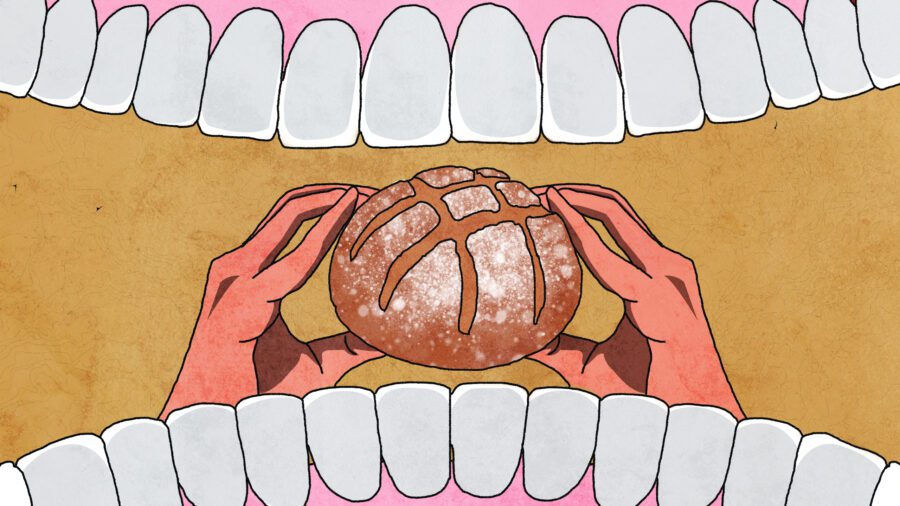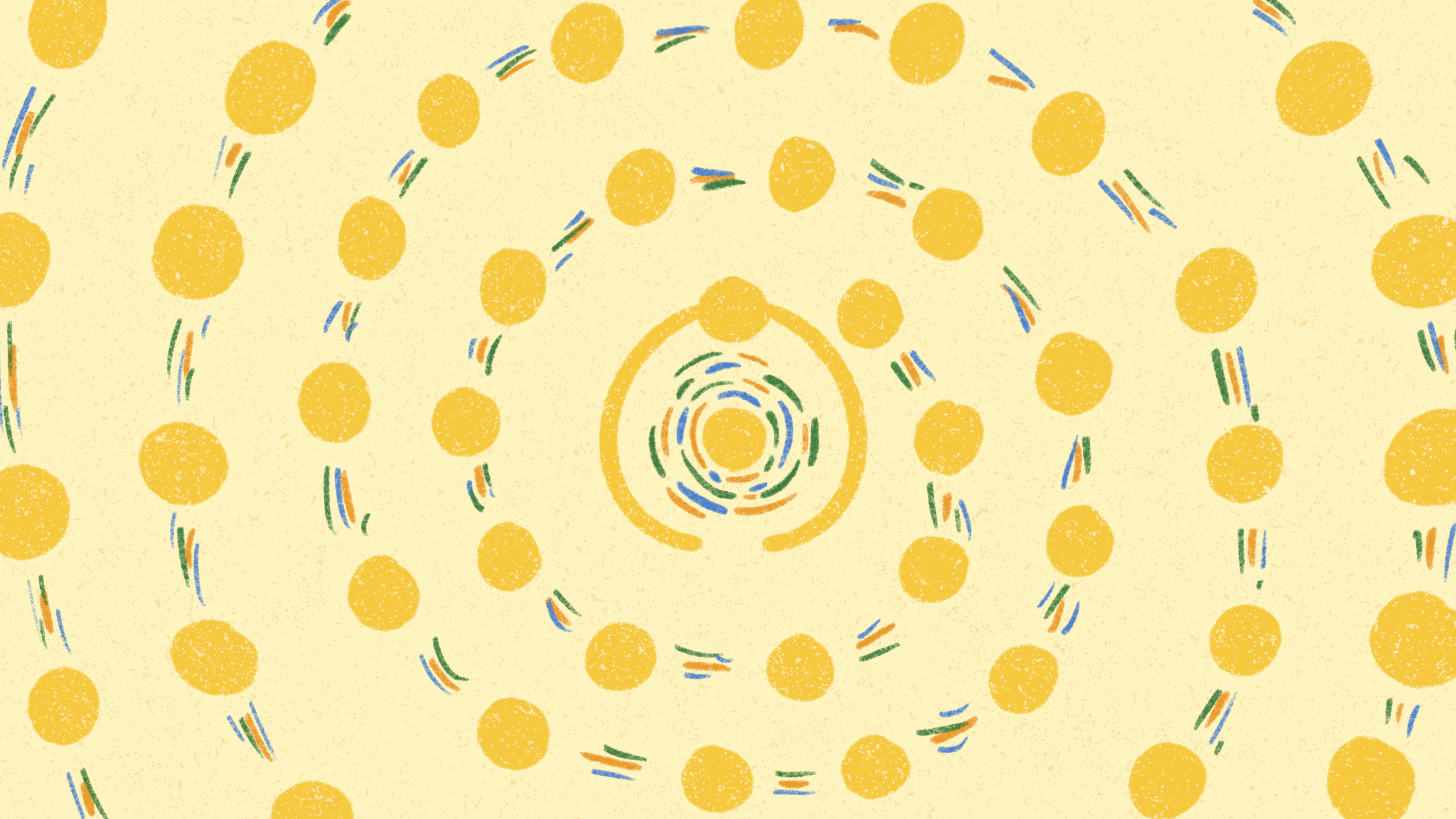
A Parent’s Guide to Navigating Generational Trauma: How YOU Can Stop the Cycle
Trauma: It repeats and gets handed down from generation to generation until someone finally says “Stop! No more!”
It takes a strong person to do this. It takes someone who’s committed to changing their life and the lives of their children for the better. It’s a courageous and beautiful act — one that more and more people are committing to.
You see, we have so many more resources for healing than our ancestors ever had. In decades or centuries past, the only option might have been to grin and bear it — to swallow your emotions and get on with life.
If you haven’t noticed, life on earth can be pretty tough — and just think about the things our ancestors went through. Wars, genocide, working in dangerous factories, struggling for basic human rights — all those have taken their toll. It turns out, we don’t just carry our own wounds — we carry those of our ancestors.
The good news is that we’ve never been more aware of what trauma is, how it works, and how it gets passed on. This means you are maybe one of the first people in your family who is empowered to stop the cycle. If you’re reading this article, you already likely have more awareness and information than most of your ancestors had. That’s an amazing opportunity.
In this article, you’ll learn about breaking intergenerational trauma, how adverse experiences can lead to negative parenting, and how you can create more positive childhood experiences for your kids. Are you ready to stop trauma in its tracks? Let’s get started!
What Is Intergenerational Trauma?
Intergenerational trauma (also known as generational trauma) is trauma that’s passed down from parent to child over generations. It’s unfortunate though largely unconscious phenomenon that leads survivors of abuse, genocide, poverty, religious subjugation, natural disasters, colonization, systemic racism, and other social or personal conditions to pass the traits developed under duress to their children.
These traits could include behavioral habits like poor communication, difficulty managing emotions, people-pleasing traits, or aggression. Or, they could be physiological traits like having difficulty sleeping or having an exaggerated startle reaction. Emotionally, people whose parents lived through traumatic experiences may experience higher rates of depression and anxiety than others. They may also be more prone to worry and negative thinking or to egotism and being competitive with others.
Intergenerational trauma is a very real phenomenon and has been widely studied. The children of Holocaust survivors have higher rates of depression and anxiety than other children. Children of the Ukrainian Holodomor genocide inherited their parents traits and behaviors like anxiety, fear, and food hoarding. There’s likely examples of it all around you, and perhaps even in your own life.
The Role of Projection
So how exactly does trauma get passed on? There are a few important ways, though it’s likely a combination of factors unique to every person.
The most obvious way is that some people may end up projecting their past onto their children and treating their kids the way they were treated. Having never processed the overwhelming feelings of grief they felt as kids, parents can struggle with rage and take that out on those around them.
You may have heard the expression, “hurt people hurt people.” In the worst cases, a person who was abused might abuse their child or someone else. For example, an estimated 75% of people who physically or sexually abuse others were abused themselves. (Keep in mind that even while most abusers were abused, most people who were abused don’t abuse others.)
In another example, a genocide-survivor or war veteran finds it difficult to manage their emotions or control their anger. It’s understandable, considering that mental health treatment has only been available in the last century or so. That person might project their anger onto kids, using “disciplinary” tactics like spanking (which is pretty common even today). Suddenly, that child has trauma too, which they may not even think about as trauma — to them, it was discipline.
The Role of Example
Parents can also perpetuate trauma through their example. If your mom had trouble standing up for herself in her family and was overpowered by the men in her life, you might never learn how to have healthy, assertive communication or how to discern between healthy or unhealthy relationships. Unless you get support and commit to growing, you could end up in exploitative or unhealthy dynamics yourself.
Parents living in traumatic situations can also model other unhealthy behaviors like:
- Suppressing emotions
- People-pleasing
- Perfectionism
- Workaholism or other addictions
Everyone’s different, so it’s a good idea to reflect back on your parents traits if you find yourself with troublesome ones now.
The Role of Attachment
Additionally, people who have experienced traumatic events may end up with dissociative feelings (feeling emotionally disconnected, blank, and absent), making it difficult for them to form healthy attachments to their children.
That will be felt by the child who, from a very young age, begins to equate connection with abandonment or with not being seen, validated, and heard. As the child grows up, their unhealthy attachment style can fuel social anxiety, or difficulty connecting to other people. Since isolation has been associated with depression and negative health outcomes, the child as an adult may struggle with their mental health and pass it on to their children.

The Greatness Mindset
Learn the secrets of some of the greatest minds in the world. Unlock the power of your mind and live your best life today.
Learn MoreThe Role of Epigenetics
Interestingly, there’s also a very direct way that trauma gets passed down over generations. Through epigenetics, we can actually inherit the traits that our ancestors developed during extreme, dangerous circumstances. This is because our environment and the way we respond to it can alter gene expression. For example, what a pregnant woman eats during her pregnancy will make the child more or less likely to get certain diseases.
There is research that indicates trauma does affect gene expression and that those changes are passed on from parent to child. So, if your great-great grandmother fled a violent political uprising to another country where she lived in poverty, we may actually have some hard-wired traits of hers.
Maybe we’re chronically anxious, have unexplained fears or phobias about random things, or struggle with a sleep disorder. We may have literally inherited those from how she reacted to life-threatening, dangerous experiences.
How You Can Stop the Cycle
There’s no way around it — stopping intergenerational trauma requires emotional work. The most important thing you can do is to focus on your own healing. But what exactly does healing mean?
First, know that healing (and stopping the cycle of abuse) doesn’t require perfection. We’re never fully healed. It’s a process. However, if you struggle with issues that are causing significant distress in your life or the lives of your loved ones, you do want to act fast. Don’t delay — time won’t do you any favors.
Take a look at your past to see experiences shaped you
Maybe you’ve always known you grew up in a traumatic environment. Maybe you’re haunted by memories of abuse, cruelty, or neglectful parents. In those cases, the experiences that shaped you are likely obvious. You can examine them — perhaps with the help of a therapist — to see any patterns or correlations between then and now.
On the other hand, maybe you had a relatively peaceful childhood. You weren’t abused, no one was harming you, but there were still some tough experiences that affected where you are today. It could have been bullying at school, a mother who you just couldn’t connect to, or harsh criticism from your parents.
Now, consider how that’s playing out in your life right now. Maybe you’re extra harsh with your kids, you keep dating emotionally unavailable people, or you have perfectionist tendencies so strong they trigger anxiety attacks. Take note of these things. Start making the connections between what shaped you and what your behaviors are now.
Find Opportunities for Healing
A licensed therapist is usually your best bet when it comes to trauma healing. Whether you grew up abused or not, you can seek treatment from someone who specializes in the issues you face. You could of course go with someone who can treat trauma and PTSD, if you struggle with that.
But maybe you just have a hard time with communication, feel nervous around other people, or struggle to manage your anger. A therapist who uses techniques like Cognitive-Behavioral Therapy (CBT) or Emotionally-Focused Therapy (EFT) might do the trick.
Join In 200 Million+ On The Journey to Greatness
Ideally, you’ll work with a therapist well before you have kids, but that’s not always possible. If you’re feeling disheartened because you’ve already passed on some issues to your kids, please have self-compassion. Start where you are now — you can still help shape your child’s life in a positive way.
There are plenty of other ways to heal besides therapy. Let’s look at a few:
- Work with a coach who understands your specific issues, like a women’s empowerment coach, social anxiety coach, or mentor for highly sensitive people.
- Find an energy healer or holistic health practitioner who resonates with you.
- Try journaling, writing music, making art, singing or dancing to express yourself.
- Continue educating yourself about intergenerational trauma.
- Learn to re-parent yourself through inner child meditations, visualizations, or by treating yourself with loving care!
- Try group therapy or support groups to help you connect with people who have lived through similar experiences to you.
In all of these cases, go easy on yourself. The last thing you need is more self-punishment. That rarely leads to anything good. What would your inner child want? The better you take care of your own inner child, the better you take care of your own child.
You Can Stop Generational Trauma
It’s incredible to think how much our ancestors have an effect on us. Those experiences they had navigating tumultuous life on earth aren’t just the stuff of old photos and letters with worn edges. They live on in our bodies, our minds, and our behaviors. Luckily, there have never been so many opportunities to stop the cycle. Therapy, creativity, education, and awareness are all powerful tools to heal from your past. You’ll also be doing your ancestors a service, not to mention your kids, your community, and maybe even the world.
When you heal yourself, you’re an inspiration to others. You CAN do it!
Greatness Authors
Greatness Authors is a collection of writers, thinkers, curiosity experts, and students of the world who are committed to bringing you the most up-to-date, impactful, and inspiring information surrounding Greatness topics.
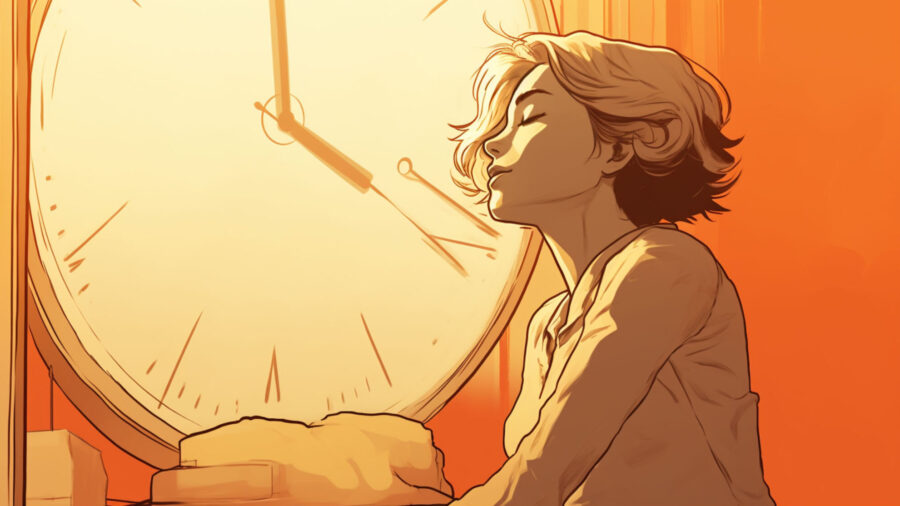
Do You Have to Be a Morning Person to Be Successful? Here’s What Both Sides Have to Say
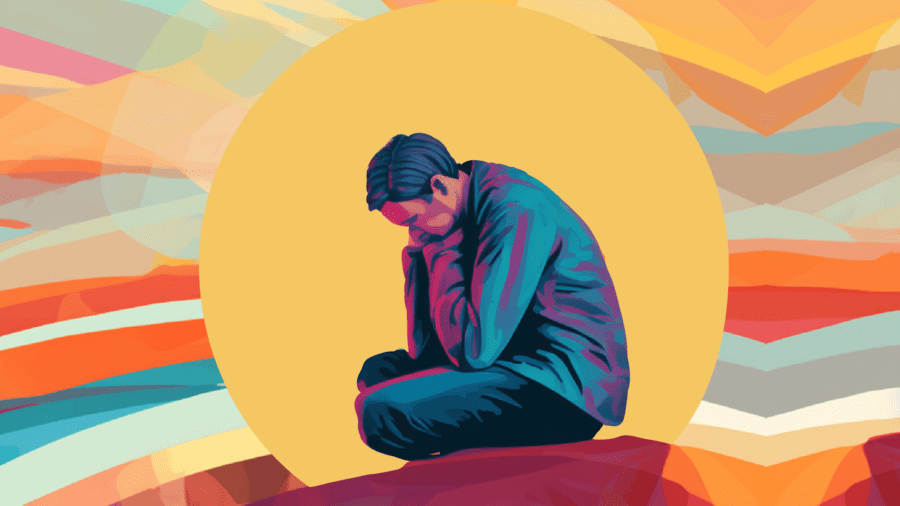
9 Reasons You’re Tired All the Time & How to 10x Your Energy
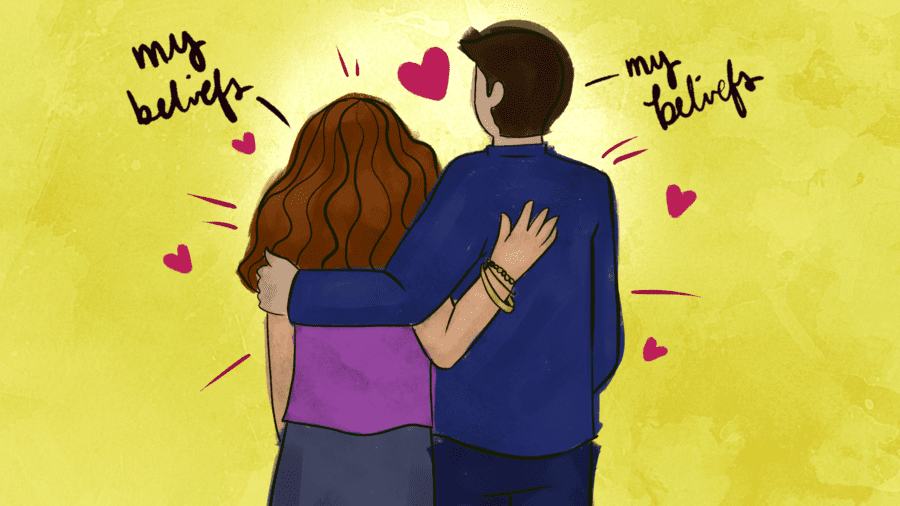
How to Have a Healthy Romantic Relationship Even if You Share Different Beliefs

The 7 Best Vitamins to Naturally Promote Better, Uninterrupted Sleep According to Shawn Stevenson
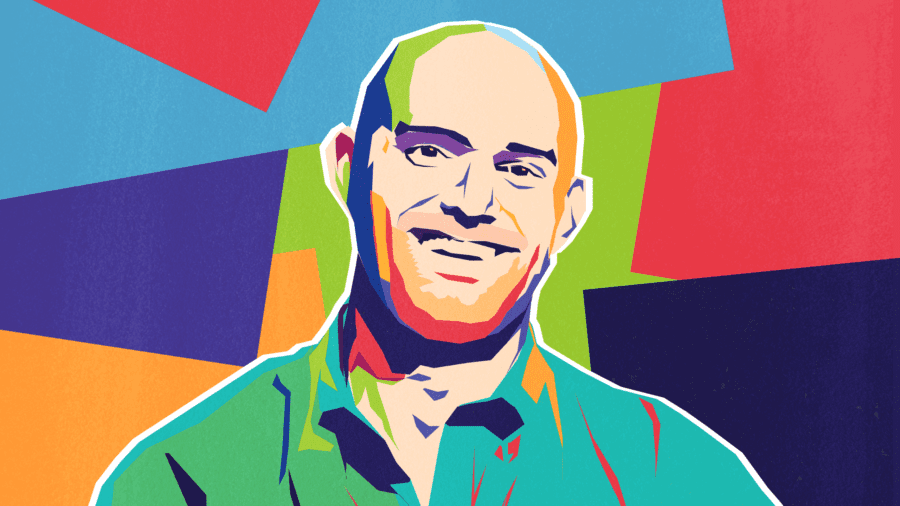
The Science of Forming Healthy Habits & Letting Go of Bad Ones, According to Author James Clear
